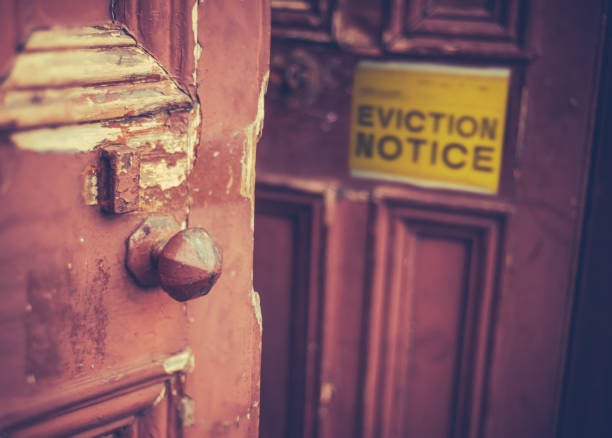A new law went into effect on April 24 that makes “squatting” on another person’s property a crime.
While the bill was bipartisan, it had heavy Republican support and that of Gov. Brian Kemp.
“This is insanity that people think they can come in and take over someone’s home. Illegal squatters are criminals, not residents,” Kemp wrote on social media shortly after signing the bill into law.
MORE: Columbia County School District celebrates police force and golf champions
The Squatter Reform Act gives property owners more rights in the judicial system to evict those who have illegally taken possession of a home without the owner’s consent.
The law in Georgia never allowed for a squatter to take legal possession of a property after living in the residence for a certain amount of time, as other states allow, but the laws have been considered vague when presented to the court.
According to local landlord Michael Thurman, it is difficult to evict someone without a lease, especially when they have established mail, utility service or registered their children in school at the address.
Thurman says that in the case where a landlord paid to keep utilities on-line while between tenants, the law did not allow for them to cut off the utilities if a squatter had moved in.
“I am very hands-on with my properties, and I have had to kick homeless people out of vacant properties, so it hasn’t been that big of a problem for me. But I have heard horror stories from others, especially people who own property outside the area where they live,” Thurman said.
Prior to the new law, since no written lease arrangement is present, it became a “he said-they said” situation before the court and it could take months or even years to resolve the matter. Some courts determined they technically could not “evict” someone who never signed a written lease.
Military families have also been targets of squatters, especially those that might leave their residence vacant for overseas duty.
Lt. Col. Dahlia Daure told the New York Post that a intruder moved into her home in Ellenwood, Ga. without permission and refused to leave after forging a fake lease and presenting it to officers when Daure called police.
“That was quite alarming to find out that someone else had moved into my home,” Daure told the Post.
While away, Daure had the home renovated and was intending to sell the five-bedroom property when she returned and said that she could neither occupy her own house or sell it as the matter got bogged down in the court system.
In the local area, owners of hotels and motels, specifically near the Washington Road and I-20 junction have had a very difficult time with homeless people squatting and complained that non paying guests were significantly impacting their businesses.
Again, the law was vague and the courts had to attempt to determine if the occupant was a “tenant” or a “guest.” Sheriff’s deputies were wan to kick someone off of a property since rooms are paid by the night or week and have no formal lease.
The new law makes it clear, unless someone has written proof that the landlord allows them to stay on the property without paying any form of rent, then they are considered a squatter and can be removed from the property.
“I think this is a good law. People should not have to pay thousands of dollars in legal fees to evict someone occupying their property illegally,” Thurman said.
Scott Hudson is the Senior Investigative Reporter and Editorial Page Editor for The Augusta Press. Reach him at scott@theaugustapress.com











